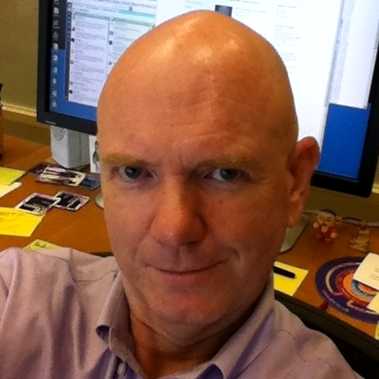Digital Preservation
A Role for Public Libraries
Speakers

Public libraries have a long tradition of serving as a knowledge base for their communities and for the nation as a whole. The change flowing from the information revolution puts this role at risk as libraries face new demands to justify their budgets. I will talk about how public libraries have the opportunity to assert relevancy by promoting digital archiving. Libraries are well-situated to form digital collections that document the history and current activities of their communities. This data will support student and other research projects, including work in the digital humanities. As well, the collections will serve as a resource for building community identity and cohesion. These are considerations that local citizens and their governments can readily appreciate. I also will discuss how, in developing local collections, libraries can fill a civic and cultural purpose in helping people with personal digital archiving needs. Many people and their families are amassing large collections of digital photographs, email and other personal content. They have little, if any, knowledge about the issues involved in preserving their personal archives. Raising public awareness is also critical to extend the practical reality of digital preservation overall. Most preserving institutions depend on community support, and sustaining digital preservation at scale depends on regular people appreciating the value of the work. Working at the grassroots, libraries can help people appreciate the cultural importance of digital preservation, as well as the critical role that cultural heritage institutions have to play.
Speaker Bios
Bill LeFurgy, digital initiatives manager, has worked for the National Digital Information Infrastructure and Preservation Program (NDIIPP) at the Library of Congress since June 2002. He leads the NDIIPP Communications Team, which interacts with a broad range of people interested in preserving access to digital information. In former lives, LeFurgy dealt with electronic records at the National Archives and Records Administration and served as Baltimore City Archivist and Records Management Officer. While he has memories of punch cards, monochrome monitors, and 30-pound portable computers, he is also an enthusiastic creator and consumer of social media. He has a BA degree in History from McGill University, as well as an MLS and MA in History from the University of Maryland.
Media
A continuously updated schedule of talks is also available on the Digital Dialogues page.
Unable to attend the events in person? Archived podcasts can be found on the MITH website, and you can follow our Digital Dialogues Twitter account @digdialog as well as the Twitter hashtag #mithdd to keep up with live tweets from our sessions. Viewers can watch the live stream as well.
All talks free and open to the public. Attendees are welcome to bring their own lunches.
Contact: MITH (mith.umd.edu, mith@umd.edu, 301.405.8927).
